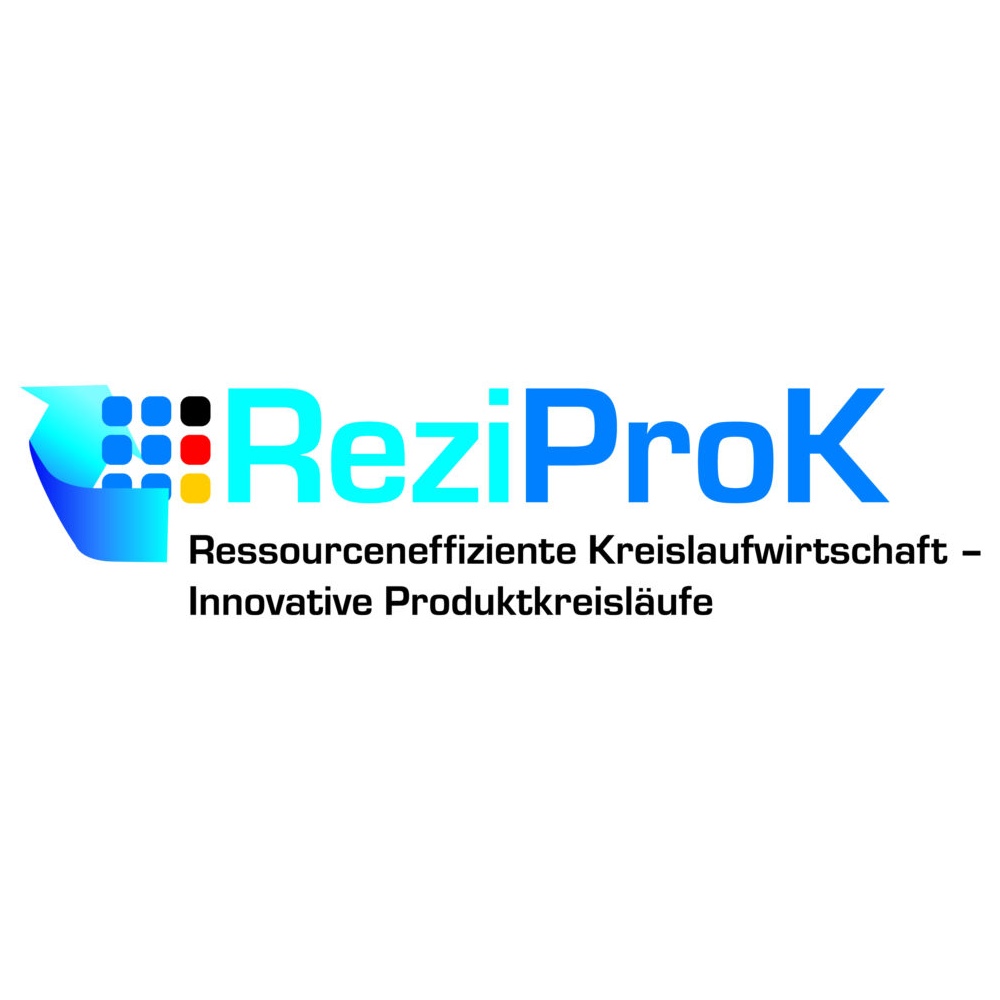– sustainability assessment of project outcomes,
– innovation transfer from the research projects,
– networking with other national and European research projects.
ReziProK’s goal is to minimize resource consumption. According to the German Federal Environment Agency, the average per capita consumption of raw materials in Germany was 16.1 tons in 2017. Given the environmental toll and limited availability of resources, it is crucial to keep products, components, and materials in economic cycles as long as possible. Wherever possible, creating sustainable cycles should be a priority. ReziProK is committed to developing the appropriate business models, design concepts, and digital technologies. Some research outcomes are already making their way to the market! You can find more here:
Henning Friege: “Chances and Limits of the ‘Circular Economy’: Findings from the BMBF Funding Measure ReziProK,” published in MÜLL UND ABFALL 54 (11), pages 609-619 (2022) Download Area
Henning Friege: Innovative product cycles for a circular economy, Waste Management World (2023) with links to individual projects.
The final report on ReziProK and information sheets on all projects are available on the ReziProK website.
The project is part of the BMBF’s research concept “Resource Efficient Circular Economy” and receives approximately 30 million € in funding from the BMBF. Peter Wolfmeyer and Henning Friege from N³ are actively involved in the project.
